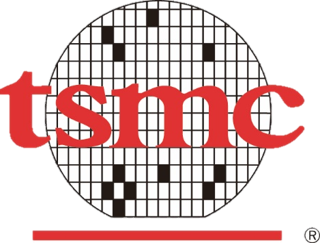Arizona has been courting TSMC since 2013, so after dating for many years it seems they got engaged in 2020 and have started to produce some offspring now in 2024!
https://finance.yahoo.com/news/taiwan-arizona-ties-history-behind-093000132.html?fr=sycsrp_catchall
still, compared with the tw side, US might just been too optimistic and lack of consideration.
TSMC's investment in a new fab in Arizona could have several implications. Firstly, there's the potential for a talent drain from Intel's existing facilities in the state, as skilled workers may be lured by new opportunities at TSMC. This could intensify competition for semiconductor professionals in the region and potentially disrupt Intel's operations.
Secondly, Taiwan's policy regarding AMD's investment in the country, which stipulates sourcing 50% of talent from abroad, indicates a proactive approach to addressing potential workforce shortages and diversifying talent. This could serve as a model for TSMC's Arizona venture, helping to mitigate local talent scarcity.
Lastly, from the U.S. perspective, there may be concerns about underestimating the complexity of ramping up a highly skilled semiconductor workforce quickly enough to meet the demands of these new fabs. The U.S. will need to consider long-term strategies for developing domestic talent, including education and training programs, to support the growing semiconductor industry and ensure the success of investments like TSMC's.
the prospect of a talent drain from Intel's fabs, particularly with TSMC's new Arizona facility entering the scene, raises several concerns. Firstly, Intel may find itself in a position where it needs to substitute departing experienced workers with less qualified or inexperienced talent. This could lead to a knowledge gap within Intel's workforce and potentially impact productivity and innovation.
Secondly, the impact of such a talent drain could be more subtle yet profound. Experienced employees carry with them not just skills, but also institutional knowledge and a nuanced understanding of the company's processes and culture. Their departure can affect team dynamics and the transfer of tacit knowledge that is critical for complex manufacturing operations.
Lastly, there are long-term implications for quality and safety. Semiconductor manufacturing is a highly sophisticated process where expertise is crucial to maintaining the high standards required for production. A less experienced workforce could lead to a higher incidence of errors, affecting the reliability and performance of the chips produced. This, in turn, could have repercussions for the safety and functionality of the end products that rely on these semiconductors. Intel will need to address these challenges strategically to maintain its reputation for quality and safeguard its long-term operational integrity.


